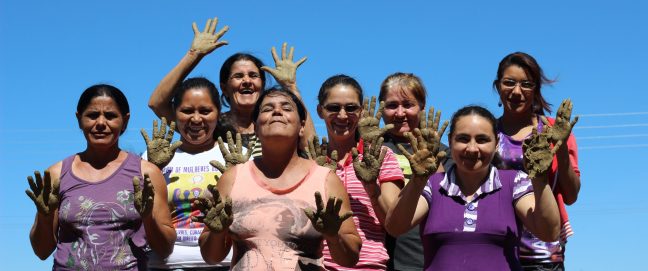The last 75 years in India have seen not only the transition from colonial to Indigenous government, but also a similar transition in attitudes towards the social sector
India got its freedom from British colonial rule in 1947. Since then, the country has been striving for the well-being of its people through various welfare schemes and social sector initiatives. As it marks its 75th year of independence, the country strives to be self-sufficient in all aspects of human life by reducing its multilateral and bilateral reliance and encouraging wealth redistribution mechanisms from within. Measures such as promoting Atma Nirbhar Bharat (self-reliant India), mandating corporate social responsibility contributions from Indian industry and encouraging civil society to raise domestic funds are all initiatives to make the country more self-sustaining.
For centuries, India has had a rich culture of informal giving for religious or spiritual causes and for community development. The 19th century saw the emergence of more organised forms of philanthropy, with increases in wealth that came about with industrialisation, followed in the 20th century by a rise in the number of local community organisations tackling poverty and increases in donations by wealthy families. Many trusts and family foundations were established which have contributed tremendously through the institutions they created. But it was not until the 1980s that a rights-based approach started emerging in India. This approach challenges the colonial mindset to philanthropy. It focusses on community-driven solutions that empower people by building their capacities, by realising their rights and by strengthening civil society through meaningful partnerships.
As it marks its 75th year of independence, the country strives to be self-sufficient in all aspects of human life by reducing its multilateral and bilateral reliance and encouraging wealth redistribution mechanisms from within.
Subscribe now from only £45 a year!
This article is only available for our subscribers
Existing users can login here





